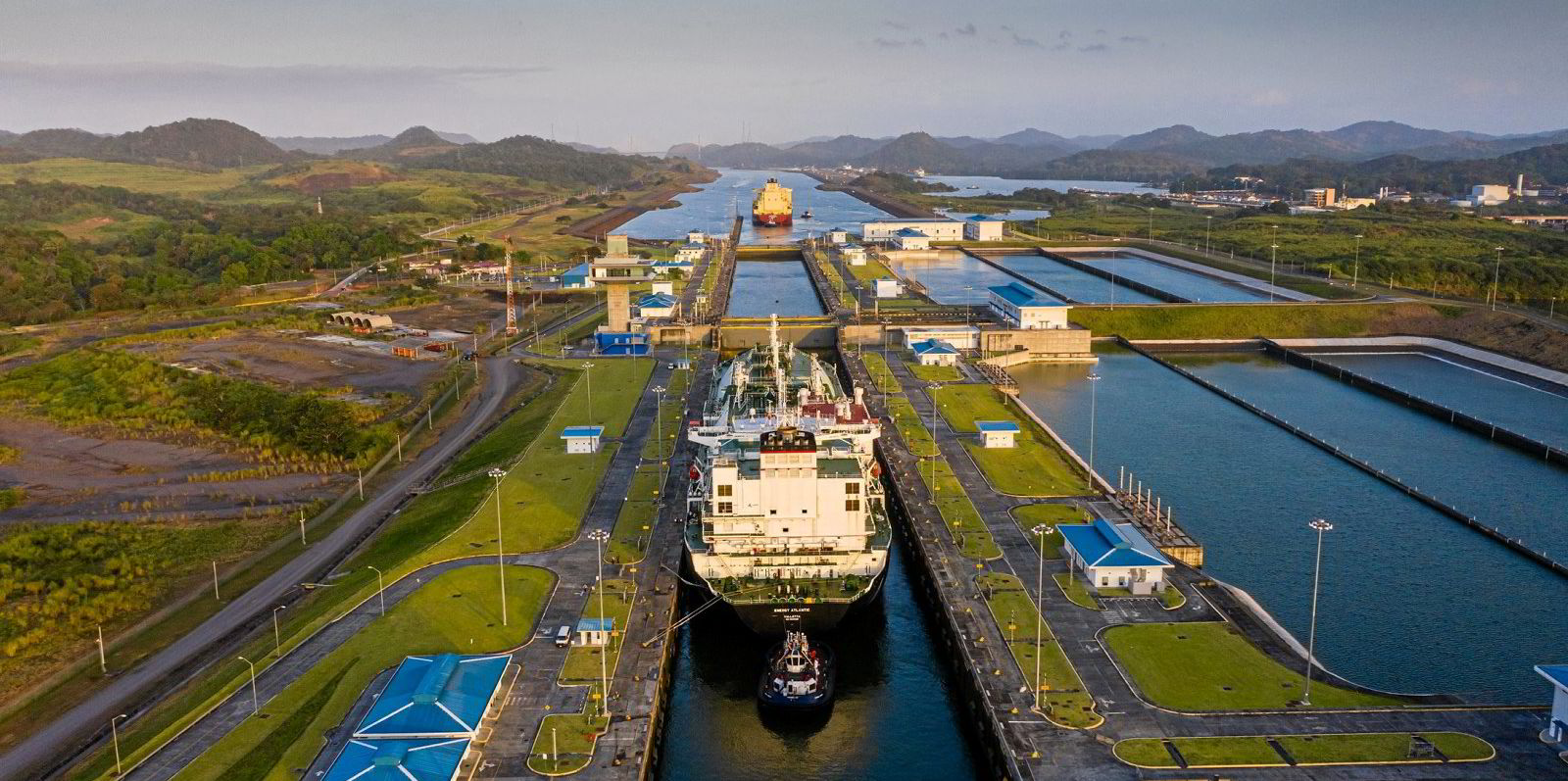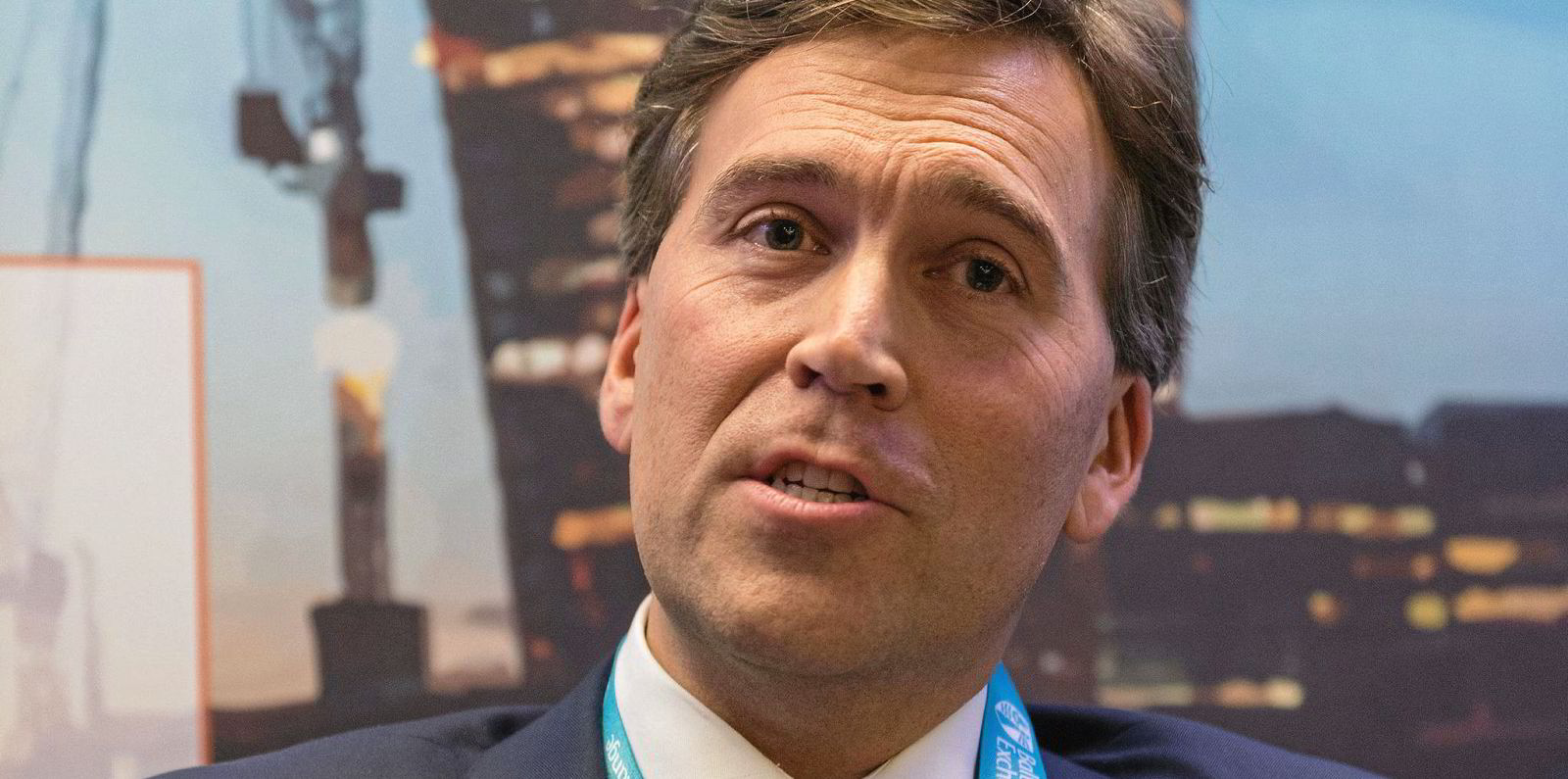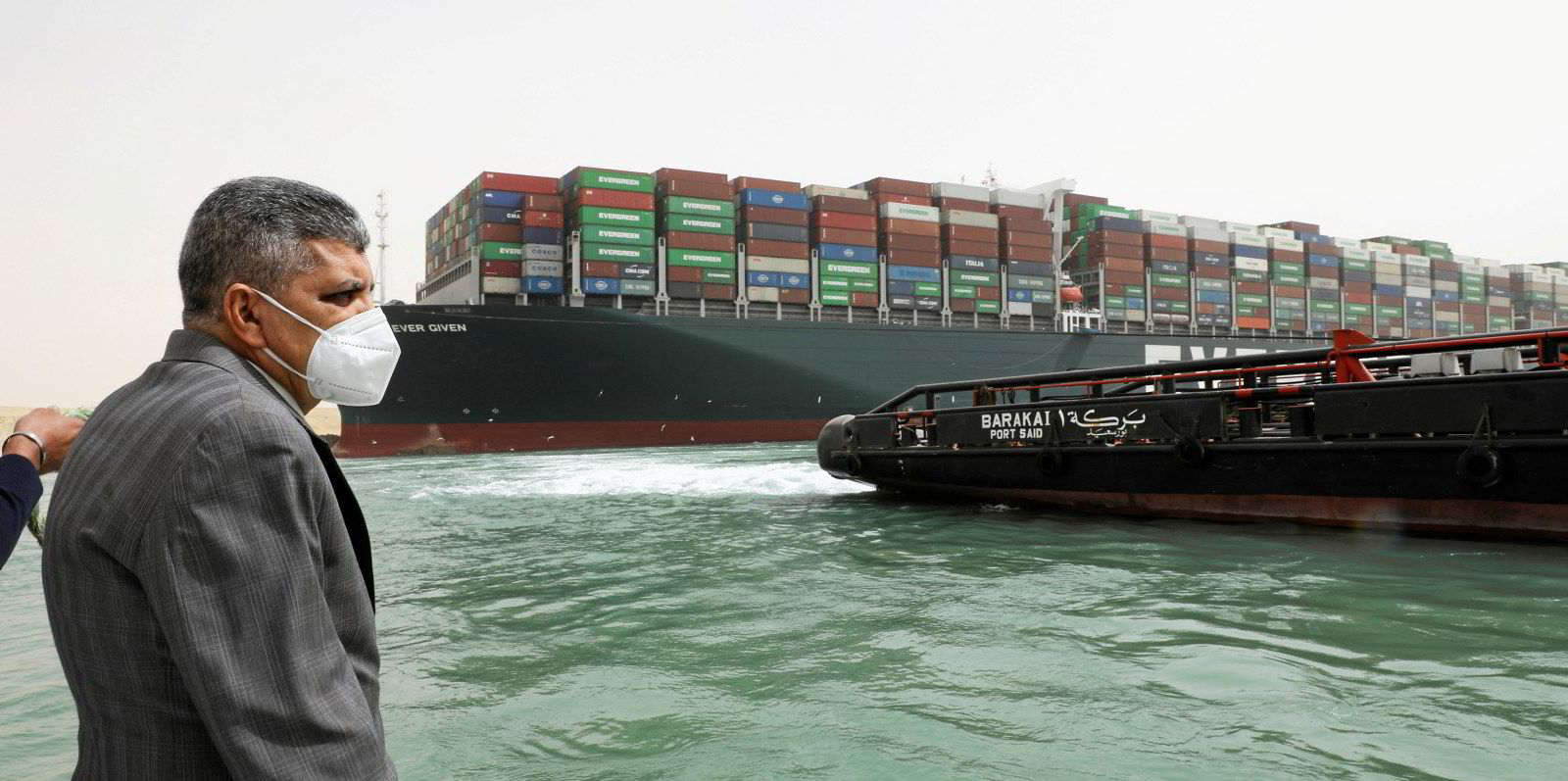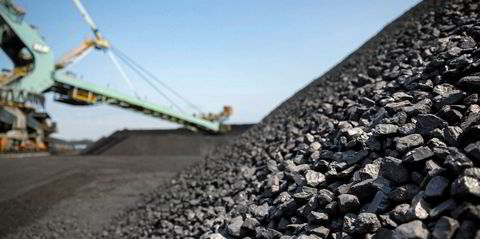One of the major US maritime labour unions is calling to improve working conditions on the Panama Canal or risk another like the grounding of the Ever Given, only much worse.
The International Organization of Masters, Mates and Pilots (MMP), which represents deck officers on US-flag ships, said tug crews and shoreside workers have been working in increasingly hazardous conditions ever since the canal was widened in 2016.
"The hazards faced by canal workers stem primarily from the poor design of the expanded canal, which has given rise to a much more labour-intensive process of vessel transit," the union said in a statement.
On the canal's older locks, locomotives known as "mules" pull ships through the locks.
In the new locks, tugs are instead used to position on the bow and stern of a ship to continuously guide it through the 425-metre-long chambers.
The ships are as long as 370 metres, the union said, while the tugs average 27 metres in length, making the operation a tight squeeze, worsened by 12-hour work shifts and a minimum of five consecutive days on duty.
"Such a schedule is exceedingly difficult to maintain, even in the best of times. In the pandemic, the situation has become untenable," MMP said.
"The results so far have been at least three fatalities from stress-induced heart conditions and two cases of stroke (in which the patients survived)."
Should a ship suffer a casualty on the canal, as the 20,388-teu Ever Given (built 2018) did for six days on the Suez Canal in March, the incident would be much worse as it would likely take months to repair the lock, the union said.
The collision could become a humanitarian crisis if the ship were an LNG carrier, as the Panama Canal is often used by such ships to carry low-cost US gas to Asia.
The Panama Canal Authority (ACP) did not return a request for comment.
Working conditions on the canal have cropped up from time to time since the 2016 widening.
In 2018, the International Transport Workers' Federation (ITF) found some tug captains had worked 20 continuous hours and were on-task for the entirety of the shift as the ACP removed second captains in 2017.
The ITF also made similar warnings that working conditions could lead to catastrophe.
Earlier this year, the Union of Captains and Deck Officers, which represents tug captains and crews, complained it was being forced to use unreliable tugs and putting the lives of crew at risk.






